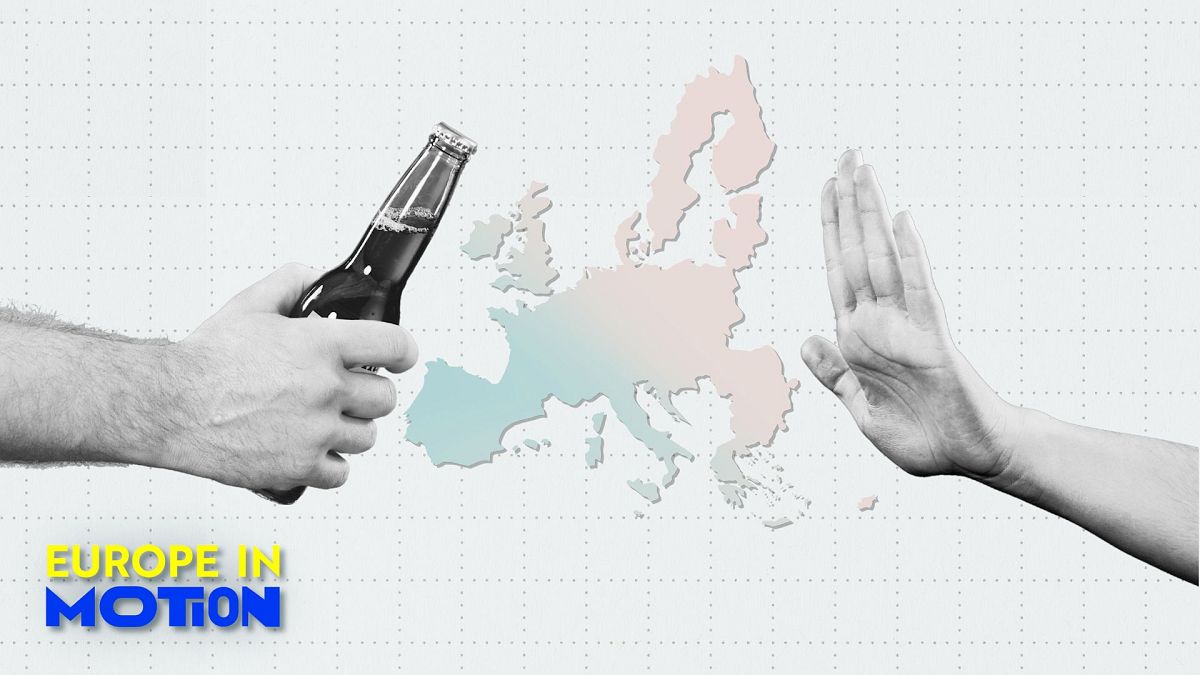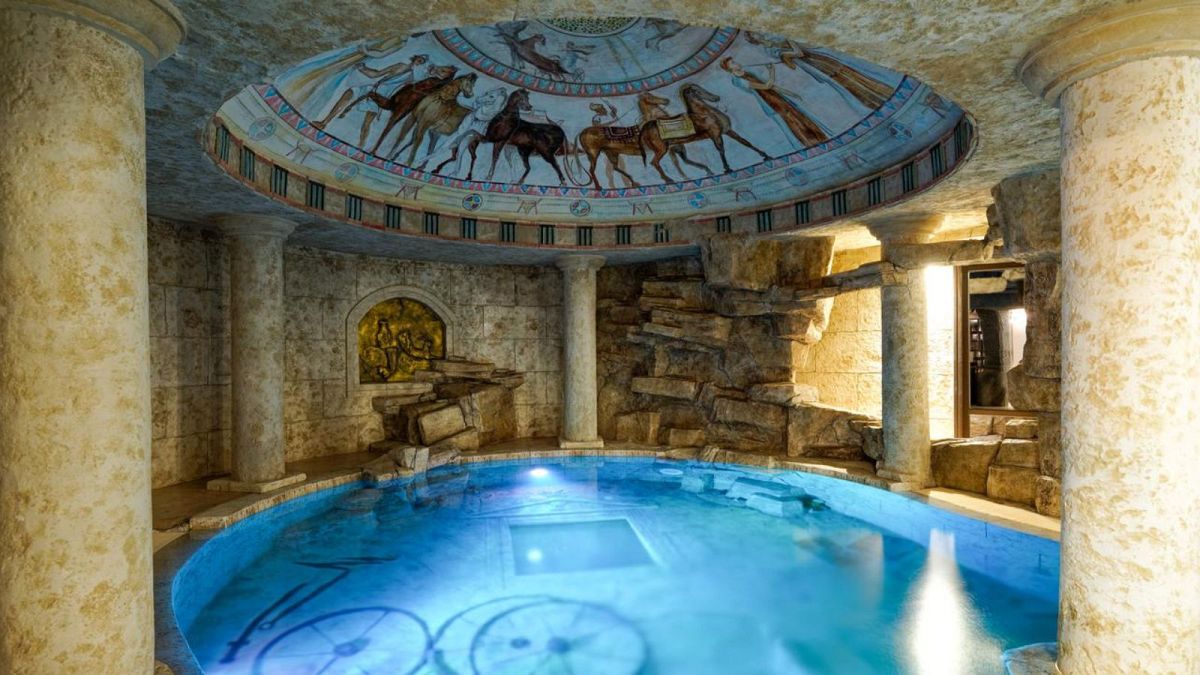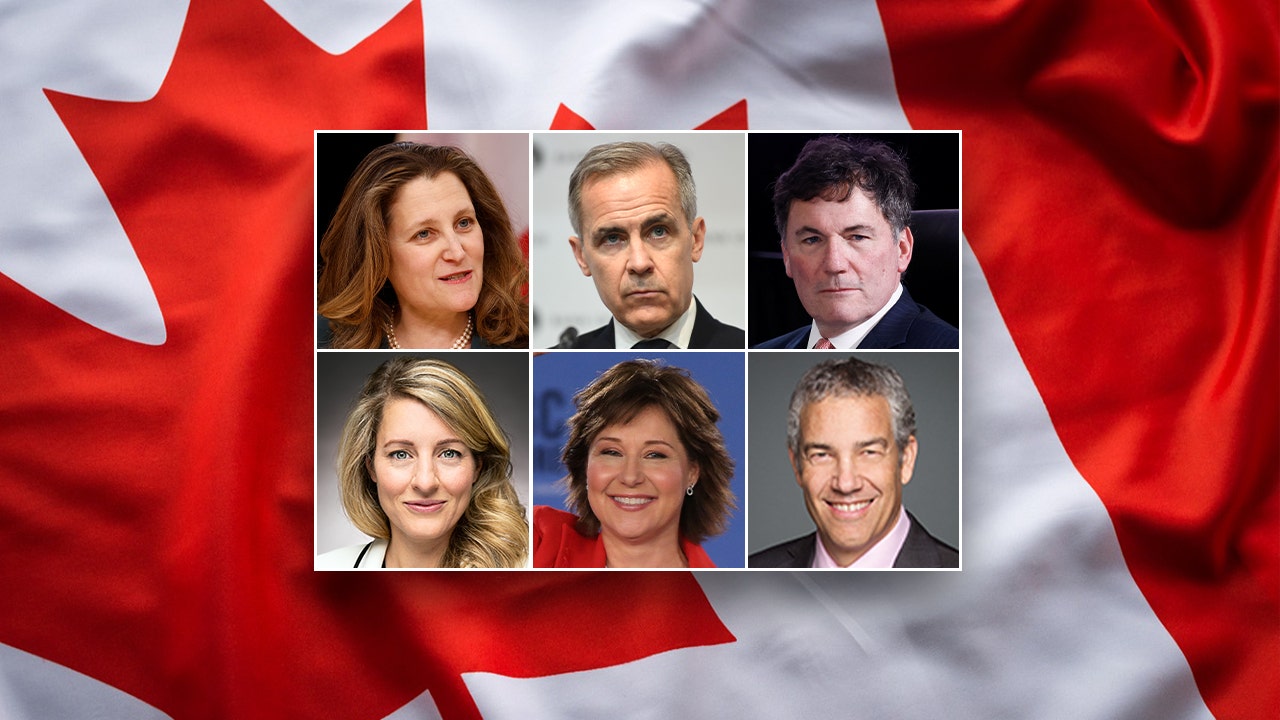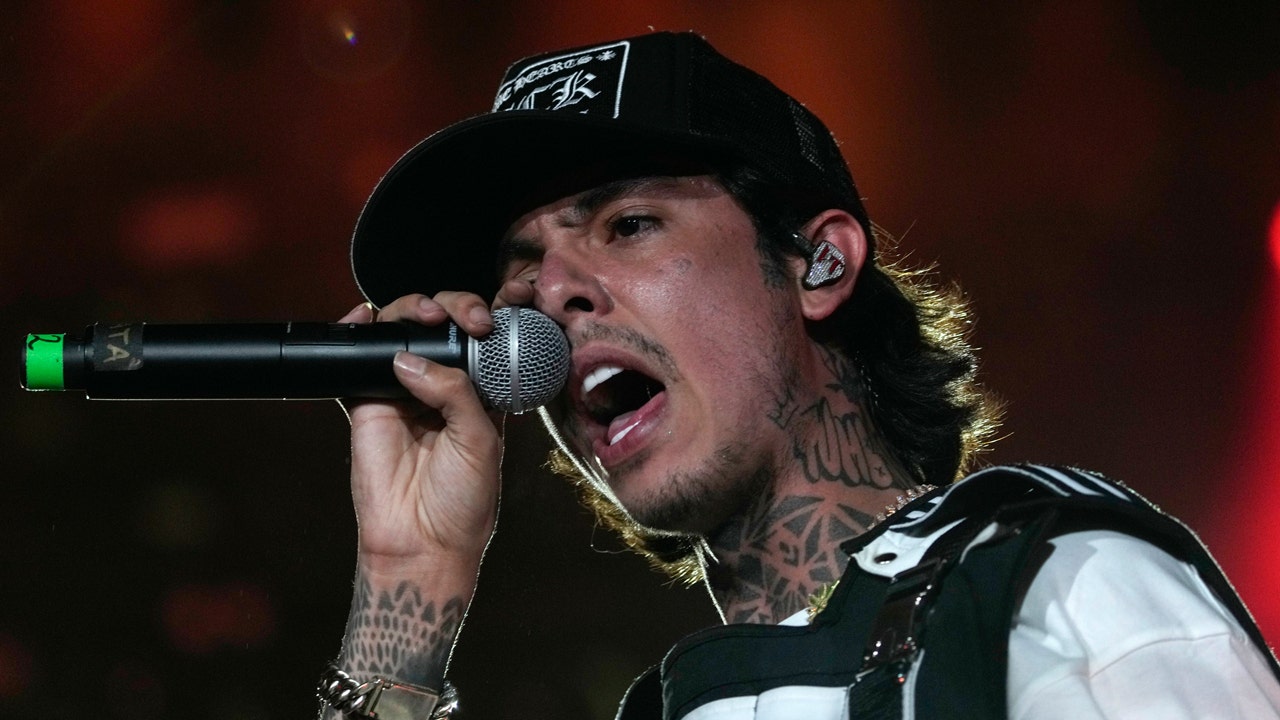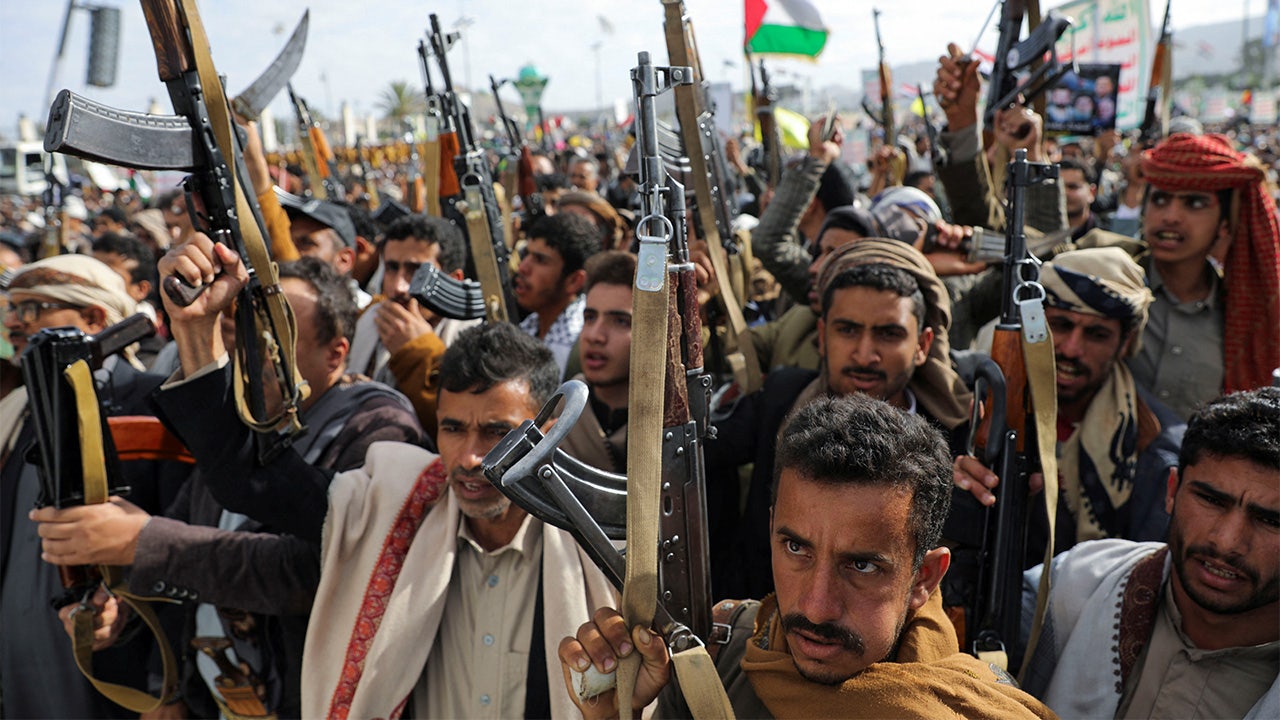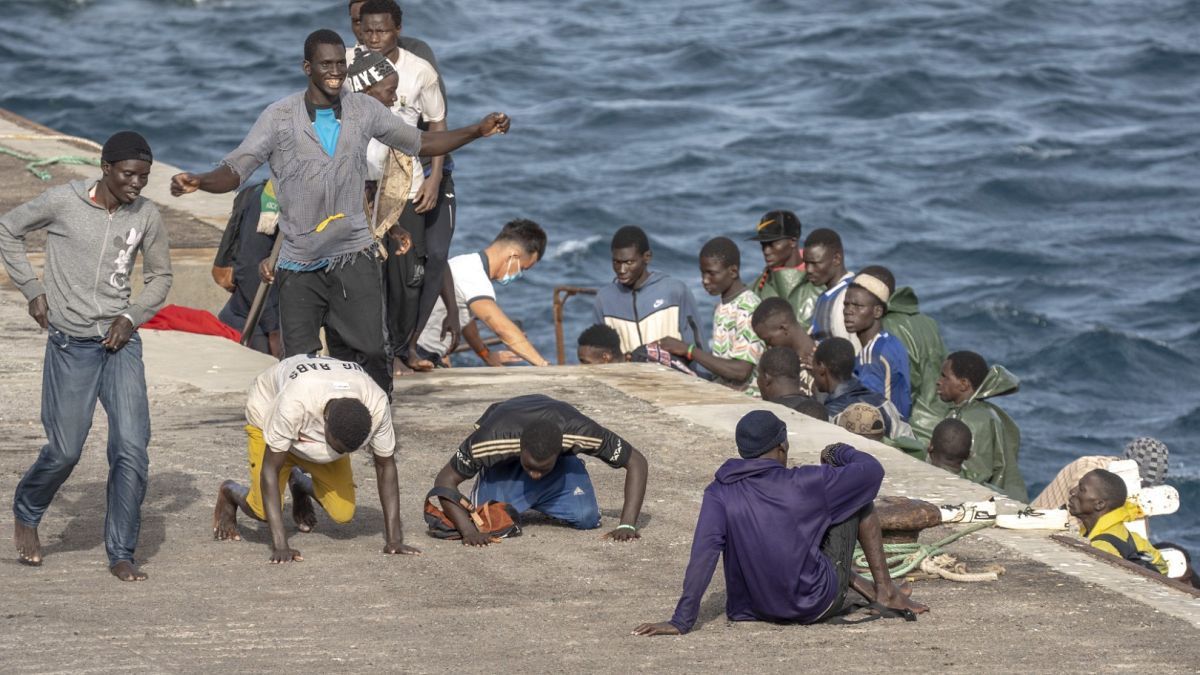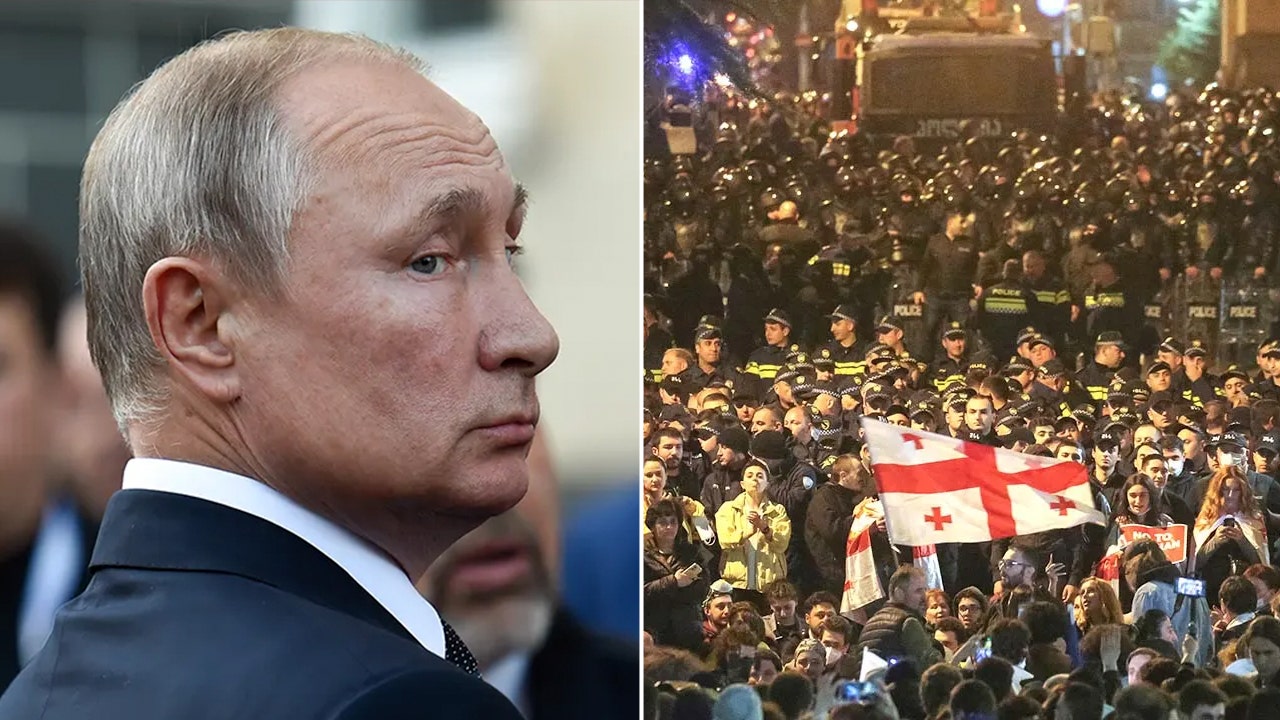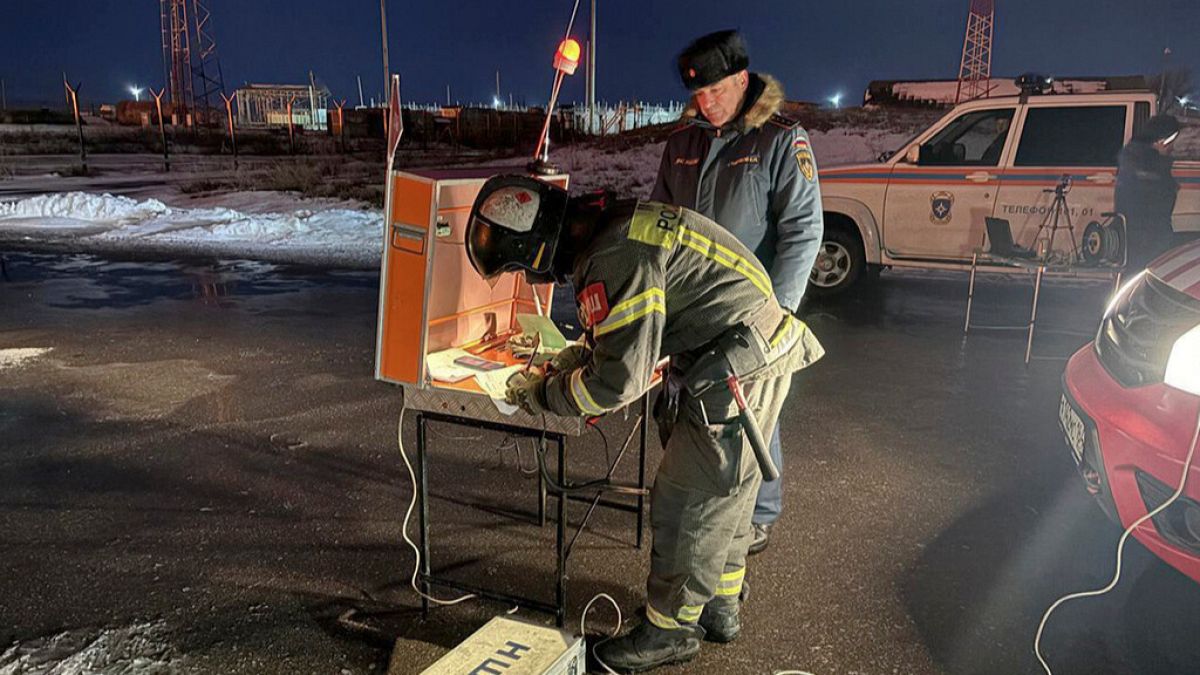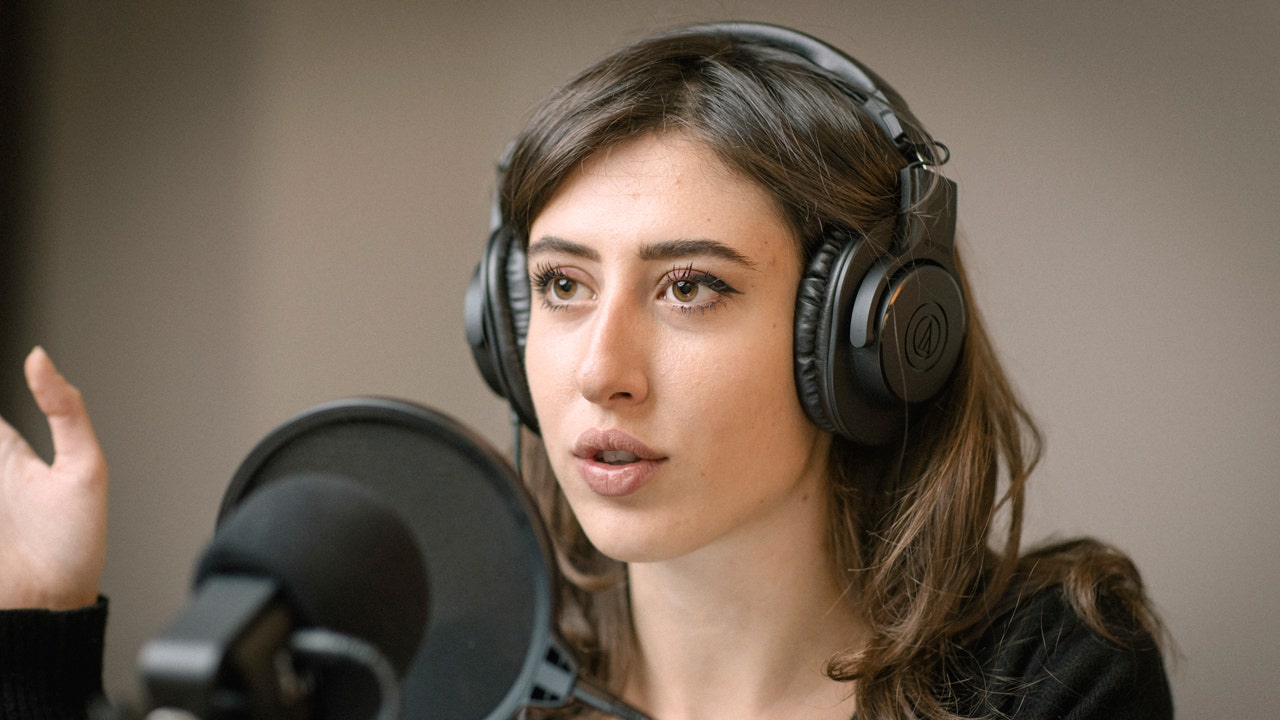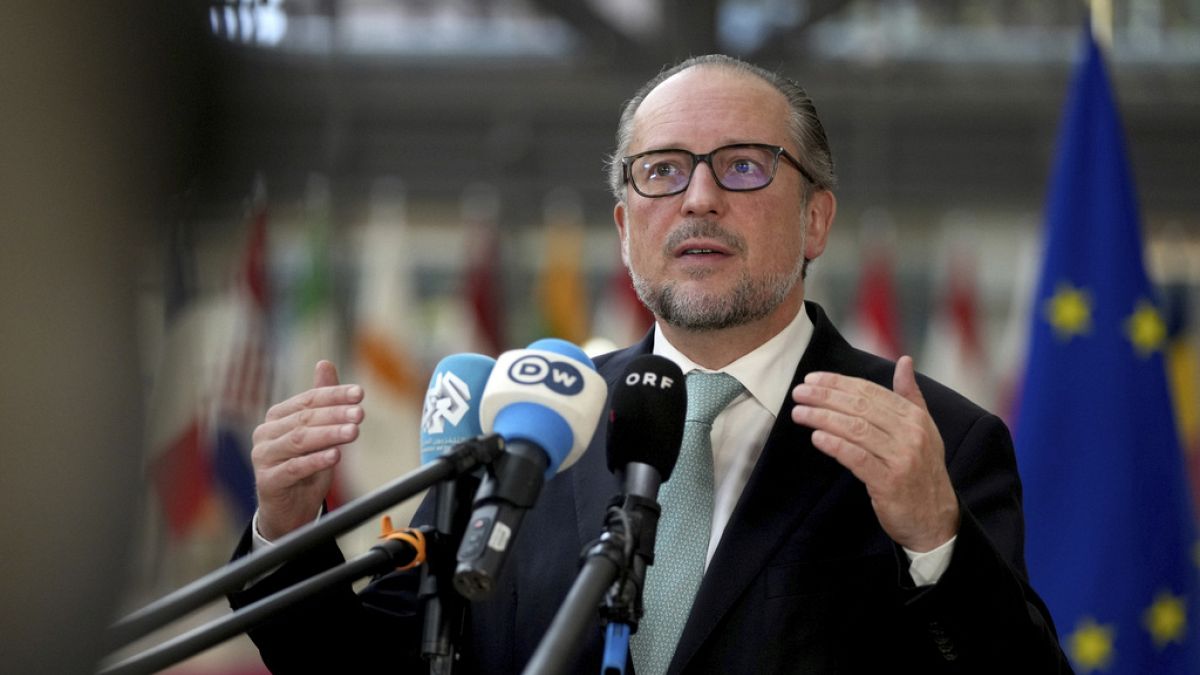Canada’s Justin Trudeau announced his resignation as prime minister Monday, with his Liberal Party in turmoil amid declining poll numbers and an election on the horizon.
Whoever assumes leadership in the unpopular governing party will become the next prime minister, and that person must tackle rising costs of living, an immigration crisis and aggressive economic pressure from President-elect Trump – not to mention the challenge from Canada’s ascendant Conservative Party in the next election, to be held no later than October.
The next Liberal Party leader will be chosen in a national leadership contest, according to the Canadian Broadcasting Corporation. Party President Sachit Mehra said Monday he would call a meeting “to be held this week to begin the nationwide democratic process of selecting a new leader of the party.”
TRUMP REACTS TO TRUDEAU RESIGNATION: ‘MANY PEOPLE IN CANADA LOVE BEING THE 51ST STATE’
Several of Trudeau’s current ministers and former Liberal Party figures are in the mix to replace him. Here’s a quick look at the top contenders:
Chrystia Freeland
Former Finance Minister Chrystia Freeland heralded the end of Trudeau’s 11-year grip on party power when she, one of his most powerful and loyal ministers, resigned from the Cabinet last month.
Freeland, who was deputy prime minister, said she found herself “at odds” with Trudeau over his economic policies, including a two-month sales tax holiday and $250 Canadian ($175) checks to Canadians. She called these plans “costly political gimmicks” that Canada could “ill afford” in the face of Trump’s threat to impose a sweeping 25% tariff on Canadian imports.
As the ex-No. 2 official, Freeland is a frontrunner to assume leadership, but she may also be too close to Trudeau and his policies to successfully lead the Liberal Party in the next election. She is also disliked by Trump, who called her “totally toxic” and “not at all conducive to making deals.”
As a former liberal Canadian journalist who sits on the board of the World Economic Forum, Freeland’s background and worldview would seem to directly clash with Trump and his priorities.
Mark Carney
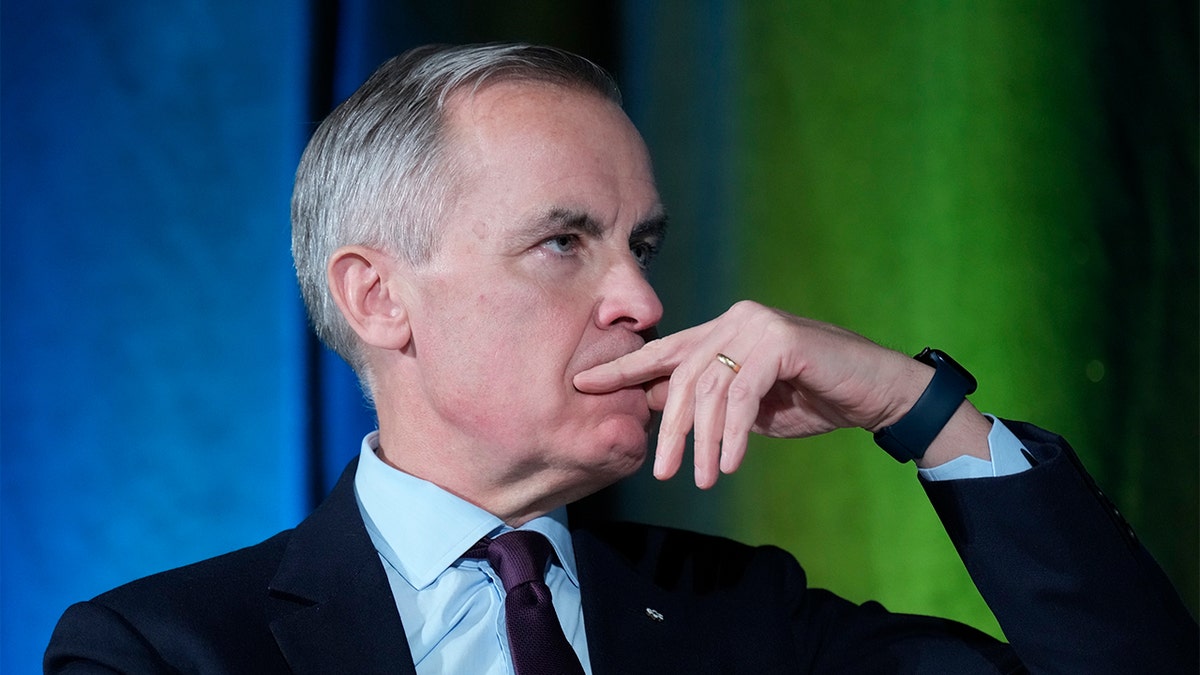
Another top candidate for the Liberals – and per the New York Times the reported favorite of Trudeau – is Mark Carney, the former governor of the Bank of Canada. Carney has been in contact with Liberal MPs in advance of a bid for leadership, the Toronto Star reported.
He is a deeply respected economist and the first foreigner to serve as governor of the Bank of England since its founding in 1694. Carney is widely credited with helping Canada quickly recover from the 2008 global financial crisis, and helping the U.K. manage Brexit.
However, he has never held elected office and Conservative critics have already begun to define him as a Trudeau clone.
JUSTIN TRUDEAU’S RESIGNATION MET WITH GLEEFUL REACTION FROM CONSERVATIVES ONLINE: ‘THE WINNING CONTINUES!’
Dominic LeBlanc
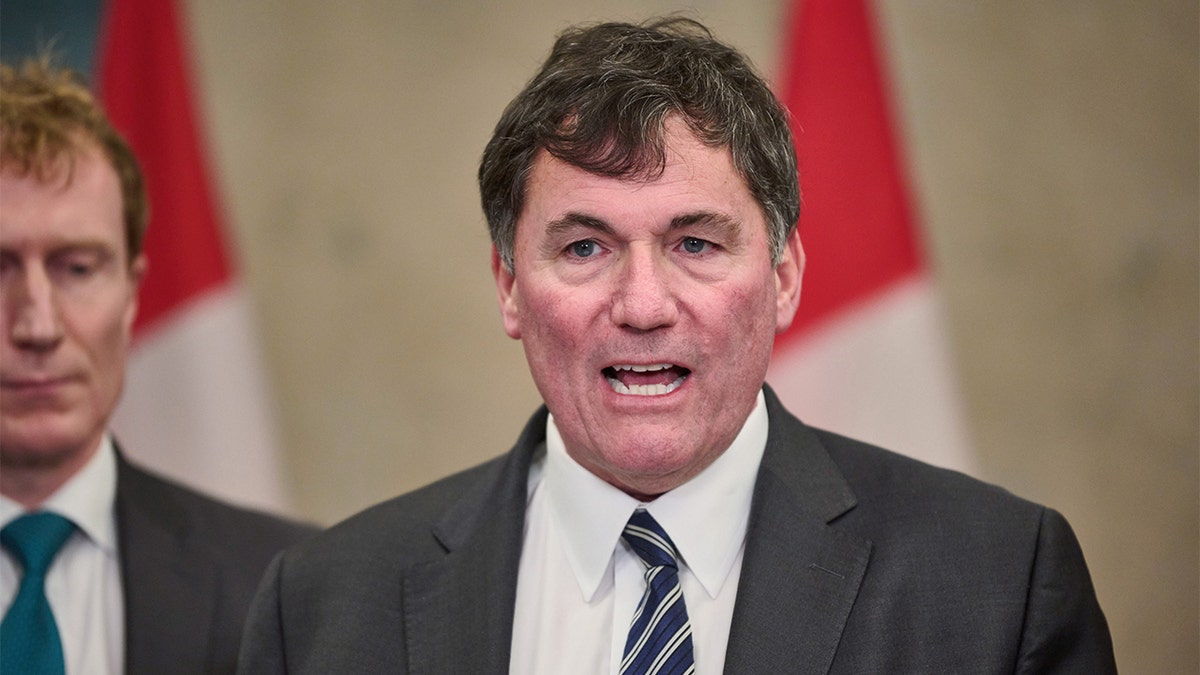
Finance Minister Dominic LeBlanc, who succeeded Freeland after her resignation, is also a top candidate.
Formerly public safety minister, LeBlanc is a close friend of Trudeau. He was Trudeau’s babysitter when both were younger. Now, he operates as Trudeau’s “fixer,” often taking over policy portfolios that others have bungled – LeBlanc became public safety minister after previous minister Marco Mendicino was widely criticized for his handling of the Freedom Convoy, Canada’s National Observer reported.
LeBlanc recently accompanied Trudeau on a trip to Mar-a-Lago to meet with Trump for tariff talks. He has won praise as a gifted communicator, though his close ties to Trudeau could be a disadvantage for Liberals in the upcoming election.
Mélanie Joly
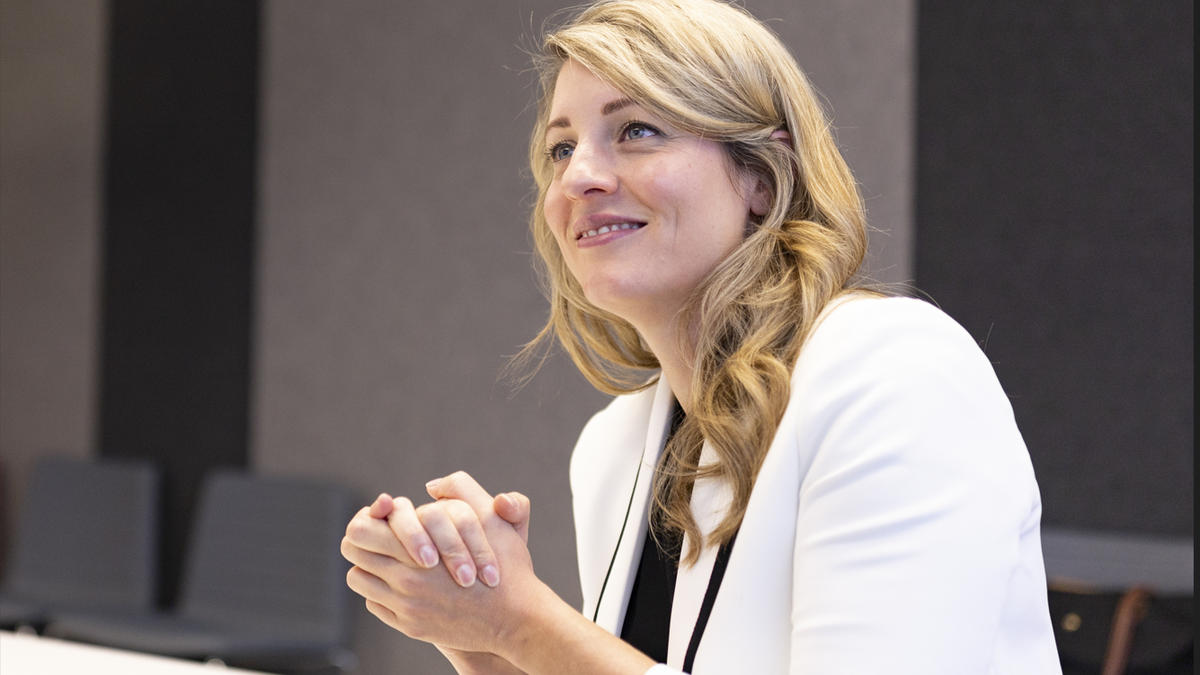
Foreign Affairs Minister Mélanie Joly also went to Mar-a-Lago last month to discuss plans to secure the U.S.-Canada border with Trump’s incoming “border czar” Tom Homan.
Joly is a rising star in the Liberal Party who sits on Trudeau’s Cabinet committee on U.S. relations, formed after Trump’s 2024 victory. As Canada’s top diplomat, she has been tested by the Russian invasion of Ukraine and handled issues specific to Canada, including deteriorating relations with China and a controversy with India related to the alleged murder of Canadian citizens, the New York Times reported.
An Oxford-educated lawyer and public relations specialist, Joly quickly rose through the ranks of Liberal Party leadership since becoming an MP in 2015. She has urged “pragmatic diplomacy” to engage with countries around the world and prevent conflict.
WHO IS PIERRE POILIEVRE? CANADA’S CONSERVATIVE LEADER SEEKING TO BECOME NEXT PRIME MINISTER AFTER TRUDEAU EXIT
Christy Clark
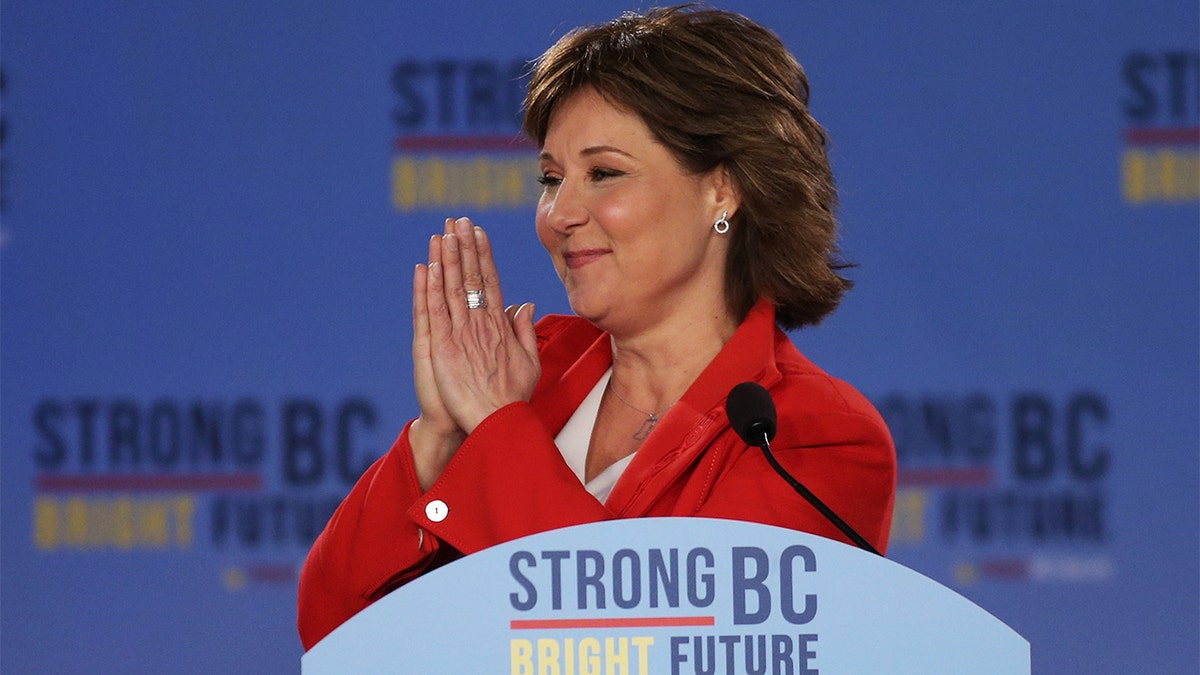
Christy Clark, the former premier of British Columbia, has publicly expressed interest in leading the Liberal Party. Last October, at a time when several MPs were questioning Trudeau’s leadership, she said: “I would want to be part of the conversation on the future direction of the Liberal Party and of the country.”
On Tuesday, after Trudeau’s resignation, she posted a message on social media thanking the outgoing prime minister for his service.
“As a lifelong Liberal I look forward to joining tens of thousands of Canadians to choose our next leader,” she said. “This is the biggest opportunity in over a decade that we’ve had to grow our Party and welcome new Liberals – including Canadians concerned about the future of our country – let’s seize it.”
Canadian pundits have observed Clark may be a strong choice for Liberals given her outsider status and distance from Trudeau’s government.
Frank Baylis
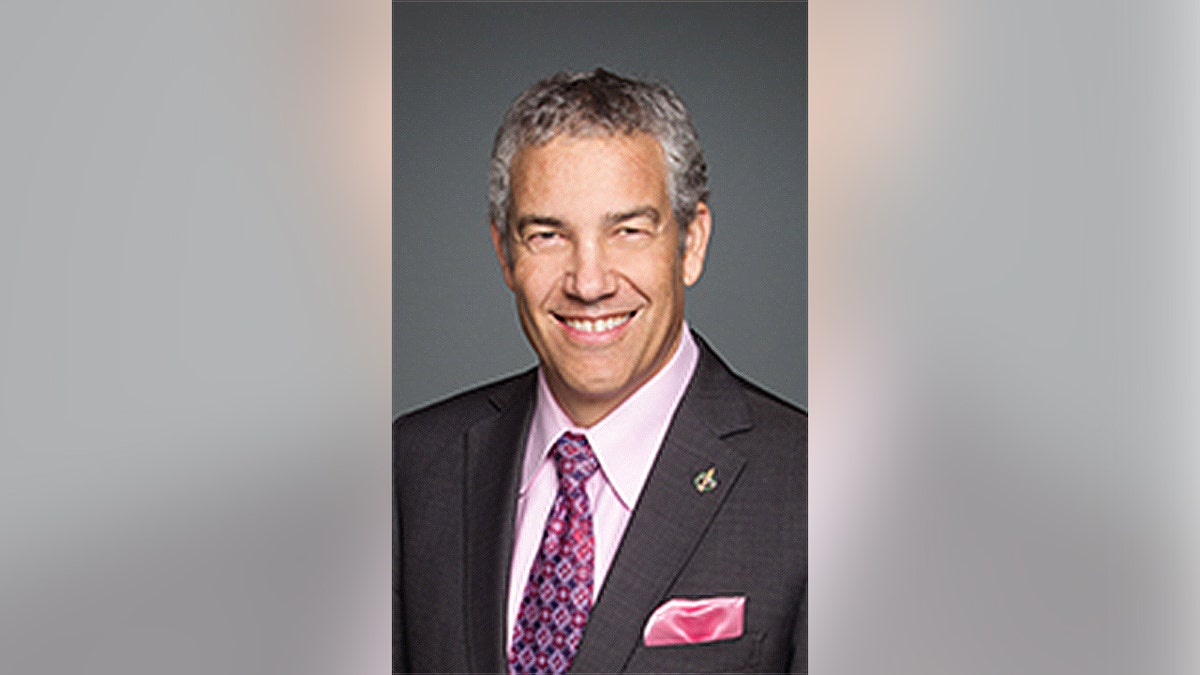
Former Montreal MP and businessman Frank Baylis is the first to declare his candidacy for Labor Party leadership.
“I intend to run, but I’ll formally announce when the rules are out,” Baylis told The Hill Times in an interview. “But, yes, it’s my intention to run. I am running.”
Baylis served in Parliament from 2015 to 2019. He is an electrical engineer by training and is currently executive chairman of Baylis Medical Technologies. He has argued that his successful career in business, negotiating contracts with parties in both Canada and the U.S., makes him an ideal person to deal with Trump.
“Quite frankly, there’s a need for a non-professional politician,” he told The Hill Times.
The Associated Press contributed to this report.
